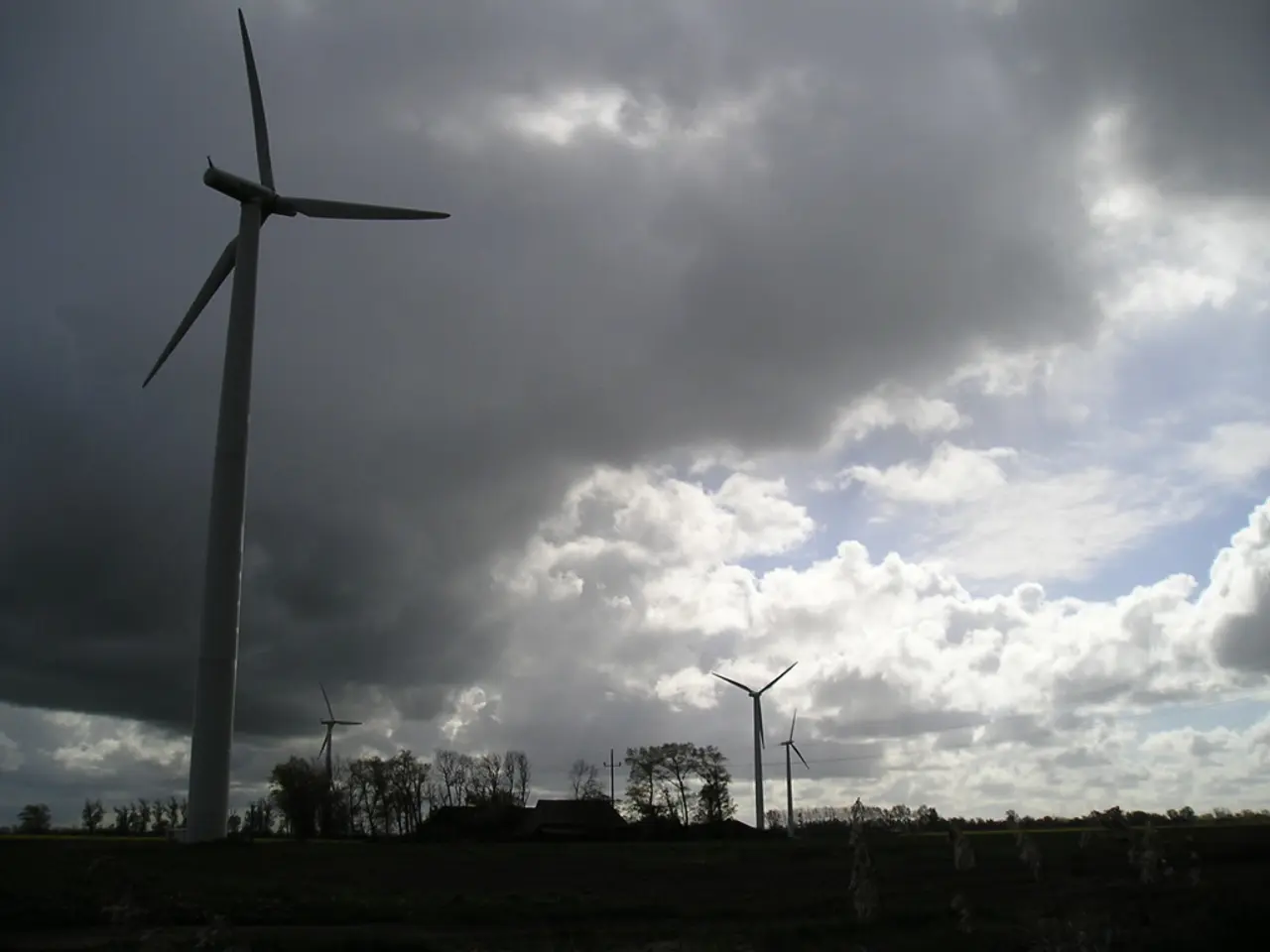Internet Restoration: Iran Returns to Limited Connectivity After Military Conflict
Iran gradually restoring its regular pace amid easing restrictions
After the recent intense clash involving Iran, Israel, and the USA, internet connectivity in Iran took a massive hit, with the government imposing almost a total blackout starting around June 18, 2025. This sudden, severe shutdown was implemented by the Iranian authorities, allegedly as a precaution against escalating cyberattacks, especially from Israel, that targeted vital infrastructure such as banks and crypto exchanges.
The Brunt of the Internet Blackout
- The blackout resulted in a near-collapse of global internet connectivity within Iran, reducing internet traffic to barely 3% of normal levels compared to the preceding week.
- Iranian citizens found themselves cut off from foreign websites and services, including vital communication platforms like WhatsApp and Telegram, making it a challenge for them to share information both domestically and internationally.
- Even popular workarounds like VPNs proved ineffective during the shutdown, making alternative solutions scarce.
- Only websites and applications hosted within Iran could be accessed, essentially creating a national intranet isolated from the global internet.
Government's Justification and Actions
- Iran's authorities confirmed the shutdown was ordered to safeguard against persistent Israeli cyberattacks. Government officials pointed to recent hacks on Bank Sepah and cryptocurrency exchange Nobitex as key concerns behind the shutdown.
- A government spokesperson insisted that the measure was designed to maintain network stability and protect the country's critical infrastructure.
- By blocking external information flow, the shutdown limited Iranians' access to news and communication channels outside the country.
Slow Return to Normal Connectivity
- Although the near-total blackout commenced around June 18, limited connectivity was restored to a degree by June 19. Selective IP addresses, such as api.github.com and google.com, became accessible once more after initially being unreachable.
- This selective restoration enabled limited communication and access to a few crucial services but did not fully reestablish global internet access. The measured, partial restoration implied a balance between security concerns and network usability, allowing some degree of external connection while safeguarding the country's internet infrastructure (USHAHID; Deutsche Presse-Agentur; SITE INTEL GROUP; Cloudflare Area 1).
In essence, following the escalation of the military conflict, Iran imposed a near-total internet shutdown, primarily to safeguard against cyberattacks and protect critical infrastructure. This blackout restricted Iranians' access to the global internet and external communications but saw a measured, partial restoration focusing on critical services since June 19, 2025 (USHAHID; Deutsche Presse-Agentur; SITE INTEL GROUP; Cloudflare Area 1).
Reference(s):
- USHAHID (2025). Iran government cuts off web access amid cyberattacks. Retrieved from https://www.ushahidnews.com/iran-government-cuts-web-access-amid-cyberattacks/.
- Deutsche Presse-Agentur (2025). Iran: Still nearly no internet. Retrieved from https://www.deutschlandfunkteminfocus.de/themen/regionales/iran/6583676/iran-noch-kaum-internet/.
- SITE INTEL GROUP (2025). Iran confirms blocking access to foreign websites. Retrieved from https://www.siteintelgroup.com/open-source-intelligence/iran-confirms-blocking-access-to-foreign-websites/.
- Cloudflare Area 1 (2025). Iran slowly restores internet. Retrieved from https://blog.area1.com/iran-slowly-restores-internet/.
- The Commission, in light of the recent escalation in political tensions and the reported cyberattacks against Iran's critical infrastructure, has been asked to submit a proposal for a directive on the protection of workers from the risks related to exposure to ionizing radiation, given the increased potential for nuclear facilities or related industries to become targets.
- While the world monitors the slow return of internet connectivity in Iran, general news outlets continue to report on the potential long-term effects of the internet blackout on the country's political landscape and the overall health of its democracy.







